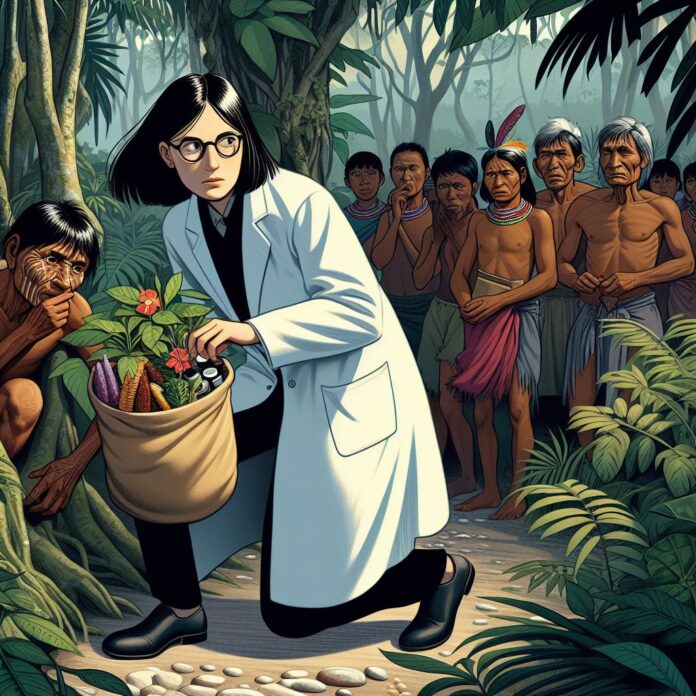In recent years, the issue of biopiracy has become a focal point in discussions surrounding intellectual property rights, particularly within the context of genetic resources and traditional knowledge. With the United Nations’ World Intellectual Property Organization (WIPO) nearing the finalization of a landmark treaty aimed at addressing this issue, the debate has intensified, with African countries leading the call for sanctions to combat biopiracy.
What is Biopiracy?
Biopiracy refers to the exploitation of natural and genetic resources, as well as traditional knowledge associated with these resources, without proper authorization or compensation to the communities and countries from which they originate. This exploitation often takes the form of patenting genetic resources or traditional knowledge for commercial gain without the consent of Indigenous communities or countries of origin.
The UN’s Response
The United Nations, through its World Intellectual Property Organization (WIPO), has been engaged in discussions for over two decades aimed at addressing the issue of biopiracy. The proposed treaty seeks to prevent the plundering of genetic resources and traditional knowledge by enforcing greater transparency in the patenting system. Under the draft treaty text, patent applicants would be required to disclose the origin of genetic resources used in their inventions and acknowledge the Indigenous communities who contributed the associated traditional knowledge.
Challenges and Disagreements
As negotiations for the treaty began, a group of African countries called for the implementation of sanctions against companies or countries that infringed the provisions of the treaty. This call for sanctions underscores the urgency and seriousness with which these countries view the issue of biopiracy.
One of the main points of contention revolves around the potential impact of the treaty on innovation. While opponents fear that the treaty could stifle innovation, proponents argue that additional disclosure requirements would increase legal certainty, transparency, and efficiency in the patent system. Disagreements persist, particularly regarding the establishment of sanctions and the conditions for revoking patents.
A Deep Dive into the Biggest Global Online Scam: China’s Role in 76000 Fake Websites
Will India Conquest Pak-Occupied Kashmir Amidst the Heightened Insurgency?
Brazil’s Utilisation of Agri-Technologies to Thrive in an ESG World
The Need for Transparency and Accountability
Currently, it is not mandatory to publish the origins of innovations, leading to concerns that patents are being granted that either circumvent the rights of Indigenous people or are issued for existing inventions. More than 30 countries, including China, Brazil, India, South Africa, France, Germany, and Switzerland, have disclosure requirements in their national laws. However, these procedures vary and are not always mandatory.
You May Also Like to Read More About China
Moving Forward to Stop Biopiracy
WIPO’s Director-General, Daren Tang, acknowledges the challenges ahead in the negotiation process but remains optimistic about the potential for a groundbreaking agreement. He insists that there is no contradiction between incentivizing innovation and responding to the needs of communities.
Ultimately, the ongoing negotiations over the proposed treaty on biopiracy underscore the pressing need for international cooperation and solidarity in addressing complex issues at the intersection of intellectual property rights, environmental conservation, and Indigenous rights. By establishing clear guidelines and enforcement mechanisms, the treaty has the potential to usher in a new era of accountability and respect for the rights of all stakeholders involved in the utilization of genetic resources and traditional knowledge.
As talks continue, it is essential to recognize the shared interests and responsibilities of countries in both the Global North and South. Bridging the gap between these regions is crucial for the effective implementation of the treaty and the protection of genetic resources and traditional knowledge worldwide.



